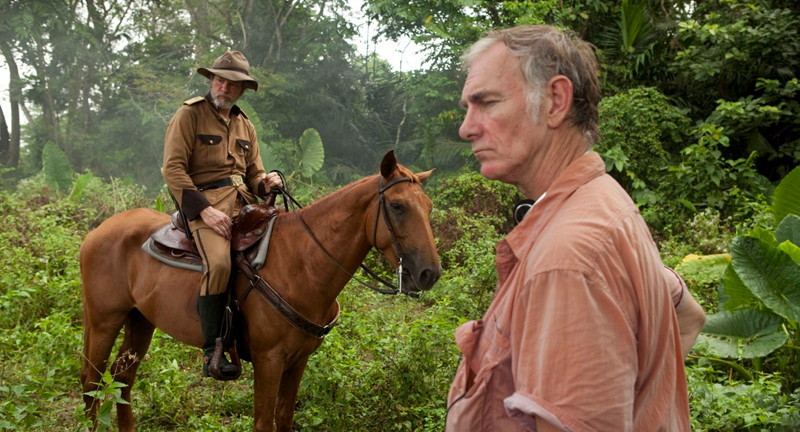I ain’t your amigo
Powerful war film gets first Canadian screening
Amigo is a powerful drama that takes place in the not-so-famous Philippine-American War of 1899-1902.
American troops come into a village (Barrio) and occupy it to bring out rebels that are loyal to General Emillio Aguinaldo.
The head man, Rafael, “the Amigo,” is in a serious predicament. His son has run off to the mountains and joined the bandits, of which his brother is the leader.
With a cynical Catholic priest who does him no favours, Amigo is constantly accused of collaborating with the bandits, who have their own suspicions as well.
The lieutenant of the occupying troops tries to work with the villagers by winning their hearts by allowing them to have their yearly festival.
Colonel Hardacre (Chris Cooper) wants none of that and decides to make examples and flush out the bandits with the help of their Amigo.
“I have to live with these people, Colonel.”
“No! Lieutenant, you have to war with these people!”
War is business and it’s business as usual.
Reminiscent of the American wars that had been battled several decades later in the name of democracy, it occurred to me that the policy of the Americans in this war set the precedent for all the other wars they have fought: Vietnam, Iraq and Afghanistan.
Here was a village in an isolated part of the Philippines that worked well with the system that they had had for many lifetimes.
Nevertheless, because the Americans had declared war on Spain they would rid them of the tyranny of colonialism and set the people “free.”
This village was to endure and bear atrocities, sorrow and betrayal all in the name of democracy. The more the Americans tried to help the more there was pain and suffering endured by each villager.
Young naïve American troops bumbled through the jungle with no idea what they were doing there, or what kind of damage they were causing.
Their ignorant bliss made me laugh, along with their attempts at romance and their explanations of the diverse culture and complexity of customs and traditions.
There in itself was a story wrapped in a story with the bigger drama unfolding.
Director John Sayles (Eight Men Out) creates a beautiful, sad, poignant story of the consequences of war that people caught in the middle have no control over.
Published in Volume 66, Number 19 of The Uniter (February 8, 2012)







